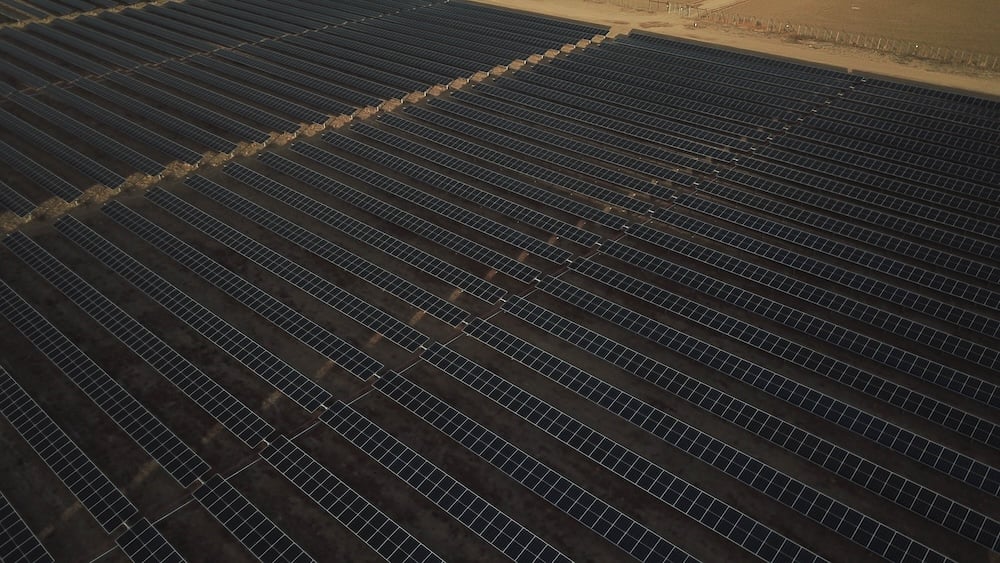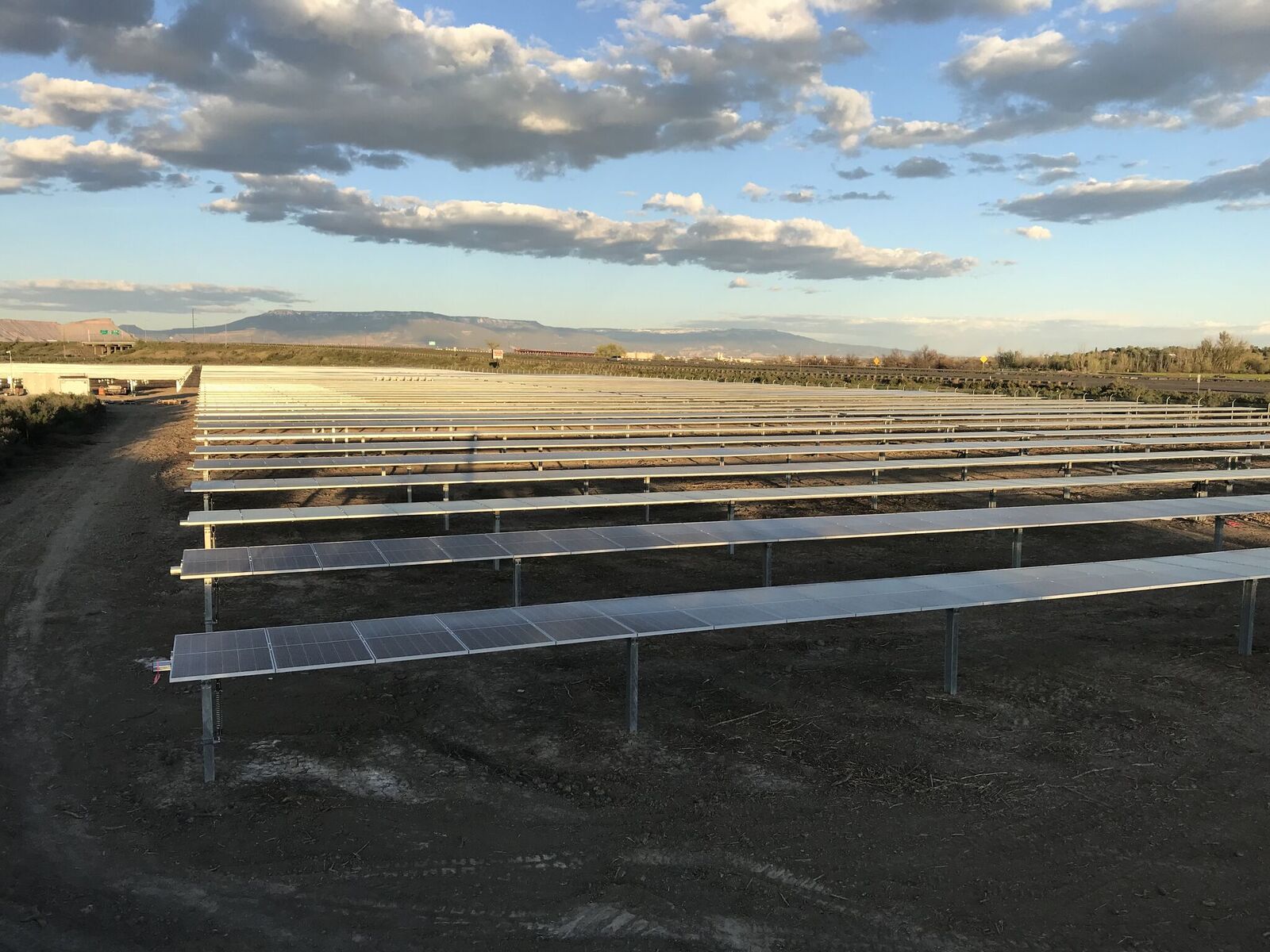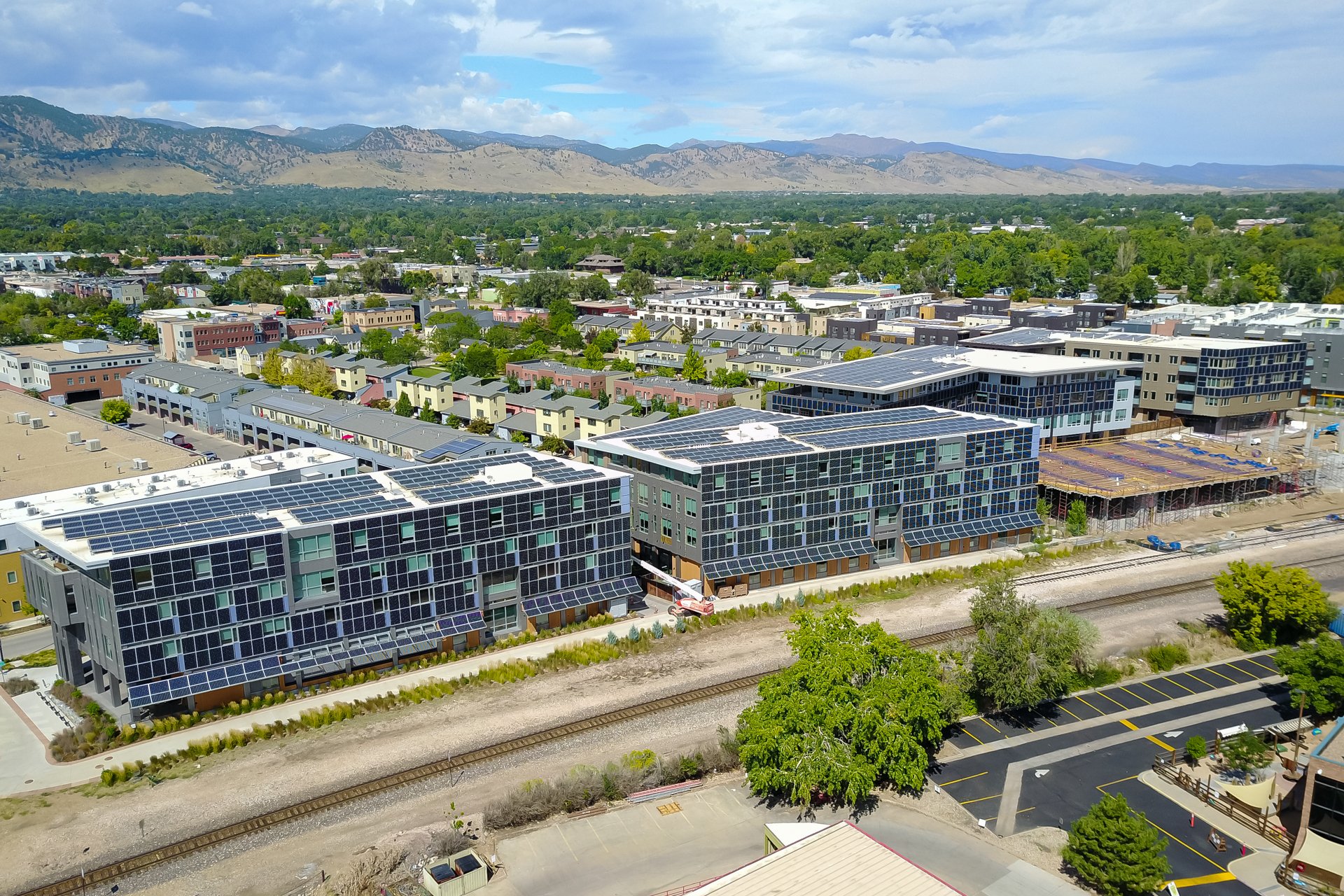Using Policy to Deploy Community Solar as Energy Bill Assistance
February 9, 2024

Community solar is a powerful tool for low-income customers to achieve bill savings and access the benefits of the clean energy transition. As one of the leading low-income community solar providers, Pivot is proud to have over 58 megawatts (MWs) of low-income community solar in development, which will provide energy bill relief to over 12,000 households. While this is an important milestone, the truth is that we have a lot more work to do to make community solar truly equitable.
Today, as many as 75% of US households lack access to rooftop solar. Low-income households are even more likely to lack access, whether because they rent their homes, face financial constraints, or lack suitable roof space. Community solar provides low-income households an alternative to rooftop solar, and can reduce the energy burden that many working families are facing as the cost of living increases in the U.S. According to DOE, 44% of Americans – or about 50 million people – qualify as low-income and have a disproportionately high energy burden. This means the percentage of household income they spend on energy is three times higher than it is for non-low-income Americans.
It is encouraging to see that in just the last year alone, the share of LMI capacity within community solar gardens grew from 2% in 2022 to 10% in 2023, with LMI customers accounting for over 20% of all subscribers. We have a lot of work ahead, but we are moving in the right direction.
So, how do we supercharge equitable access to community solar? A big part of the solution is state-level policy. Through smart policy advocacy, Pivot and other stakeholders are working to increase equitable access to community solar. Today, at least 13 states and the District of Columbia have some form of statewide community solar policy in place that includes provisions for low-income participation. At Pivot, our policy team is working to increase that number by advocating for community solar policies that provide low-income customers with access to an attractive product, a simplified, user-friendly enrollment and verification experience, and strong consumer protection.
Low-Income Community Solar Policy Pillars:
Here are the top FIVE policies that we are advocating for to reduce barriers to community solar adoption in low-income communities:
- Establish minimum bill savings requirements: At Pivot, our policy team advocates for low-income subscribers to receive minimum bill savings of at least 20% of their electricity bill. State policymakers can follow the lead of states like New Jersey, Maryland, and Illinois, which have all recently created savings requirements ranging from 10-50%. Policymakers should accurately value community solar projects and consider additional state incentives when needed.
- Align low-income assistance programs: We advocate for states to adopt community solar program rules that are compatible with other low-income benefit assistance programs such as LIHEAP, WAP, balanced billing programs, and affordable housing income rules. Households should not be penalized or removed from other assistance programs as a result of their participation in a community solar program.
- Establish low-income capacity carve-outs: To foster more inclusive participation in the clean energy transition, state community solar programs should contain carve-outs to reserve a percentage of the electricity from a community solar project or program for low- to moderate-income customers. Pivot supports low-income carve-outs of 30%-50% for low- to moderate-income participants. Low-income service organizations, moderate-income households, affordable housing, and master-metered buildings should all be qualified to meet the carve-out threshold.
- Simplify income verification: Pivot believes that state community solar program rules should ensure that income verification of these participants is flexible, allowing customers to demonstrate their eligibility without the need to disclose sensitive personal information or overcome overly complex, bureaucratic, and unduly burdensome barriers. To this end, Pivot advocates for self-attestation for low-income verification, categorical eligibility, and geo-eligibility at the state level. We do not view credit checks or reviewing sensitive tax information as an equitable verification method. Further, income verification should be one-time and subscribers should not be required to re-verify their eligibility.
- Implement consolidated billing: Consolidated billing is crucial to enrolling and retaining low-to-moderate-income households. Having one bill eliminates the need for separate monthly payments, increasing long-term retention in community solar programs. Households living on a limited budget can not afford to receive multiple bills at once or pay outrageous sums due to inaccurate billing. Consolidated billing also provides subscribers with more payment options. Low-income customers are more likely to pay bills in cash and some may not have a bank account. In Atlanta, a study found that more than 12% of bills were paid in cash. Consolidated billing makes use of cash payment options provided by many utilities, allowing customers to use their preferred payment option to pay their utility bill and community solar subscription in one go. For existing markets not yet using consolidated billing, Pivot advocates for the switch. For new markets, states should create an immediate pathway for the process.
At Pivot, we follow a Purpose-Driven Solar approach to development, including working diligently on policy efforts that will foster more inclusive participation in state community solar initiatives. It is part of our mission to ensure that the benefits of community solar are equitably distributed among those who need the benefits the most. The policy campaigns we are part of, in coordination with the trade association CCSA, will ensure that low-income families and disadvantaged communities are not left behind as we move towards a more sustainable and inclusive energy future.
If you want to learn more about our efforts, follow us on Linkedin (Pivot, Annie, Sophia)!


